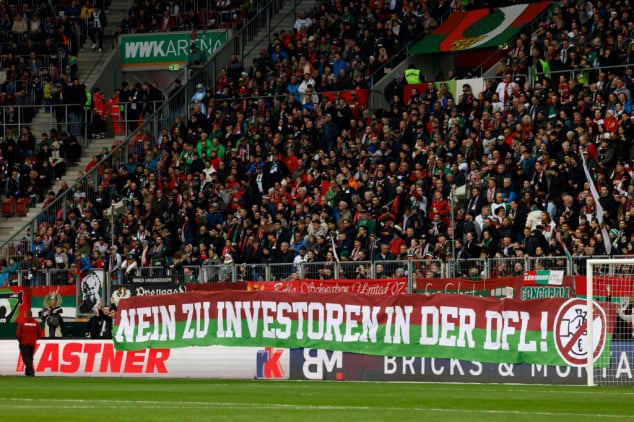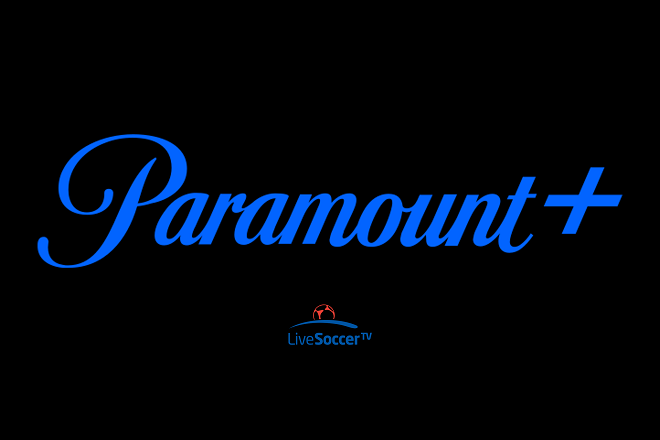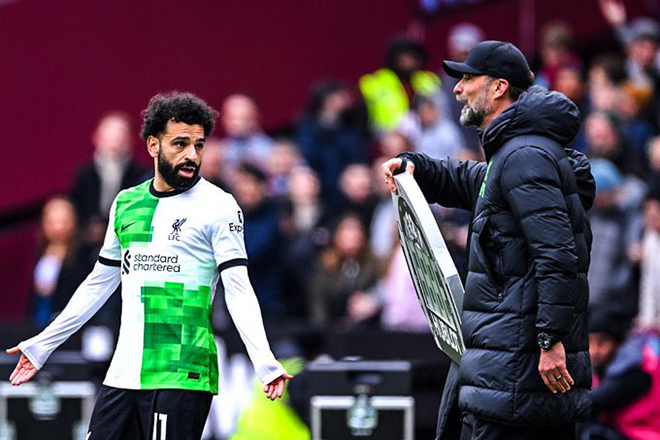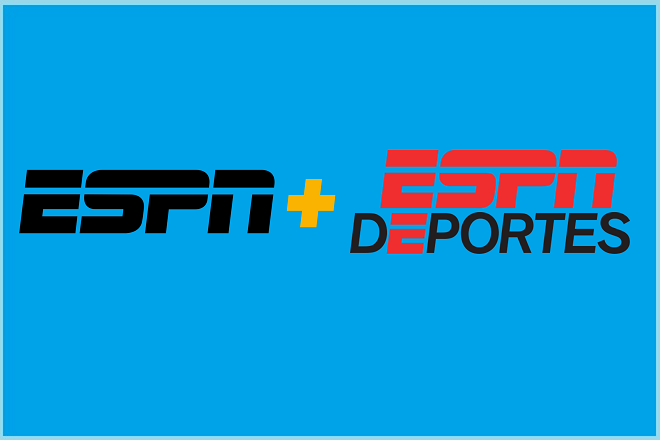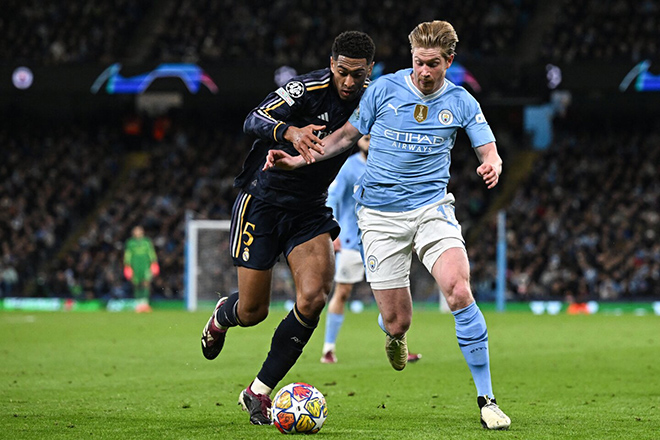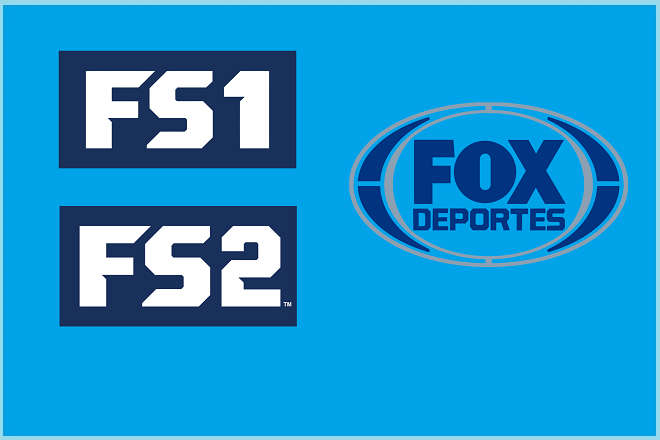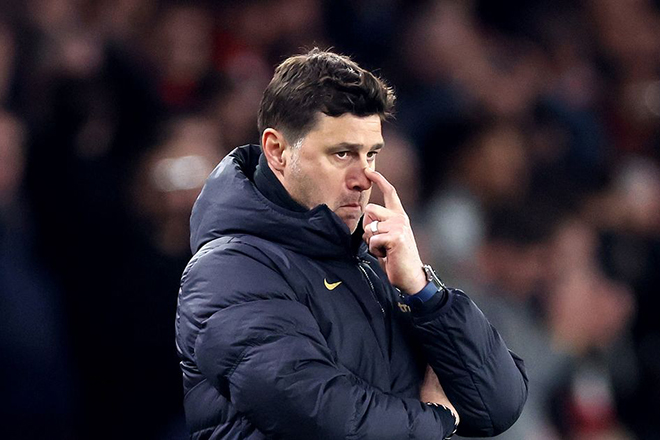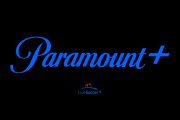The German Football League (DFL) said Wednesday it was abandoning a billion-euro investment deal after widespread protests by Bundesliga fans, a U-turn hailed by supporters' groups as a "success".
Fans had littered pitches with everything from tennis balls to chocolate coins in opposition to the plan to swap a portion of the league's future media revenues for an upfront cash injection.
"Given current developments, a successful continuation of the process no longer seems possible," Hans-Joachim Watzke said in a statement on behalf of the DFL's board.
Over the last weeks, protests across the top two tiers of German football interrupted games, leading to prolonged periods of added time and threats to abandon the matches.
Fan groups, who wield significant influence in the German game, said the investor process lacked transparency and ignored supporters' wishes.
The protest action was threatening "the integrity of the competition", said Watzke, who also serves as CEO of Borussia Dortmund.
Under the circumstances, the completion of the deal "cannot be guaranteed", he said, adding that the decision to drop the investor tie-up was unanimous.
Supporters' group Unsere Kurve hailed a "major success for all active football fans".
"Comprehensive, but very peaceful and very creative protests were ultimately the key to success," the group's spokesman Thomas Kessen told SID, AFP's sports news subsidiary.
Breaking point
The 36 clubs from Germany's top two divisions had voted in December by a two-thirds majority in favour of the plan to "secure long-term and sustainable success" of the league.
Under the deal, the DFL would have sacrificed up to eight percent of the Bundesliga's future broadcast revenues in exchange for an immediate cash injection of some one billion euros ($1.1 billion) to help promote German football internationally.
A similar proposal which sought to sell off a higher percentage of the TV revenue for a larger fee failed to get the necessary majority when put to a vote in May last year.
The DFL promised the new deal would include supporter-friendly protections against changes in kick-off times or moving competitive fixtures abroad, but failed to quell fan anger.
Even some clubs had signalled their dissatisfaction with the deal, with Union Berlin last year saying the vote on the new deal came at the "wrong time".
Relations between the league, clubs and fans had been pushed to the brink, "even if a large majority are in favour of the necessity of the strategic partnership", Watzke said Wednesday.
The deal already looked to be teetering after US asset manager Blackstone withdrew from the process last week.
Blackstone's exit left CVC Capital Partners as the only interested bidder. The private equity group declined to comment when contacted by SID.
Tennis ball protest
German football has a notable commitment to fan control and involvement via a "50+1" rule which restricts the degree of influence an external investor can have over a club.
The rule is incredibly popular among German fans, many of whom value it more than success on the field.
Fans let their anger against the investor deal show in the stadium, unfurling banners and disrupting games.
Earlier this month, the second division match between Hertha Berlin and Hamburg was halted for 30 minutes in the second half as fans from both sides rained tennis balls and other objects down on the pitch.
Despite excellent stadium attendances and a lucrative domestic TV deal, international interest in the Bundesliga lags behind that of England's Premier League or Spain's La Liga.
The investment had been intended for the league "to continue to be competitive in sporting and commercial terms, and remain financially stable", the DFL said when the deal was initially agreed.

